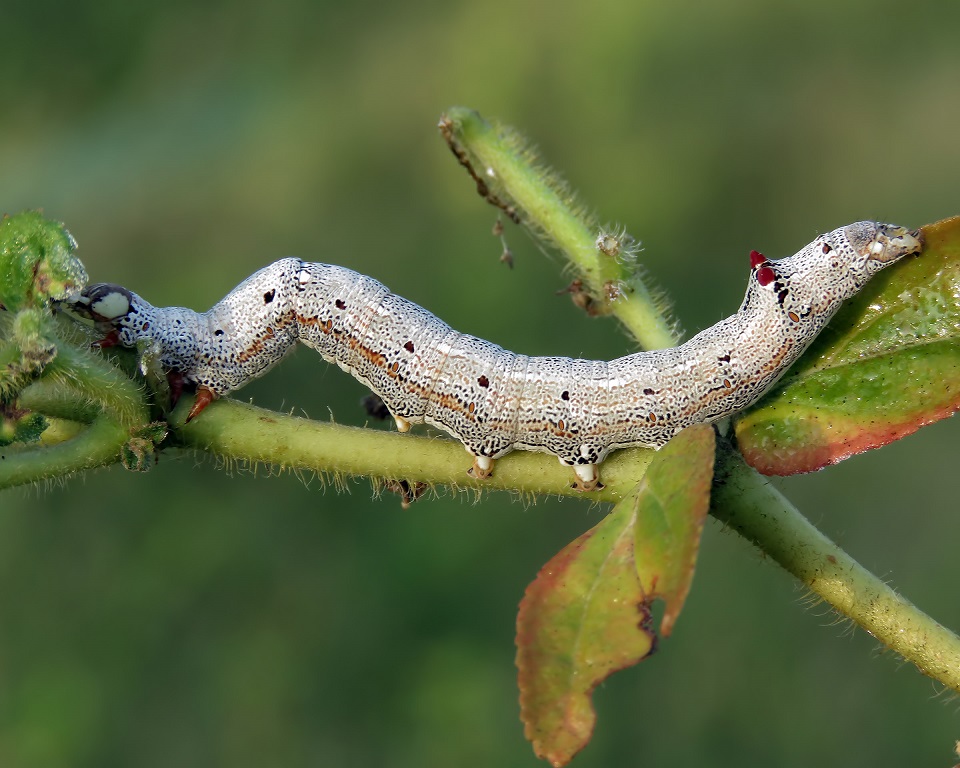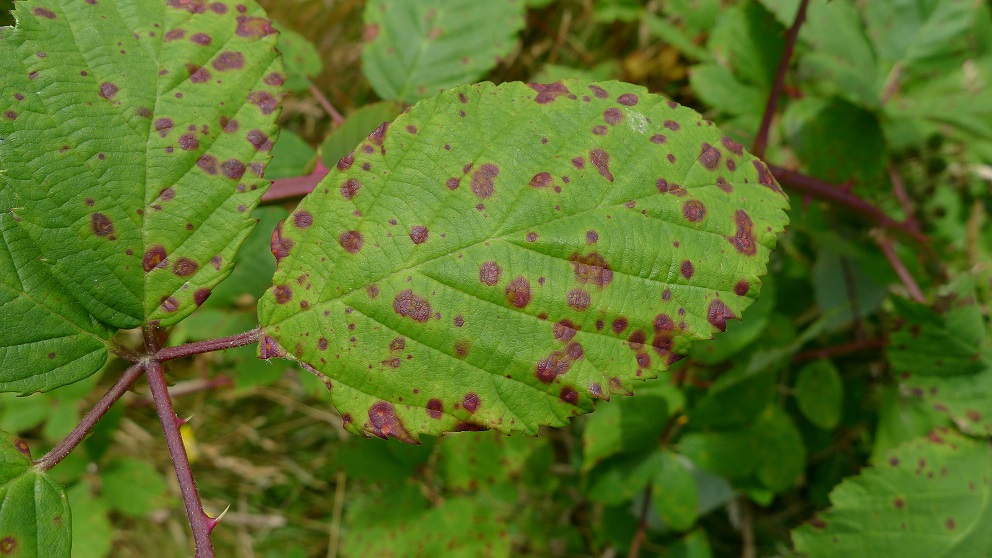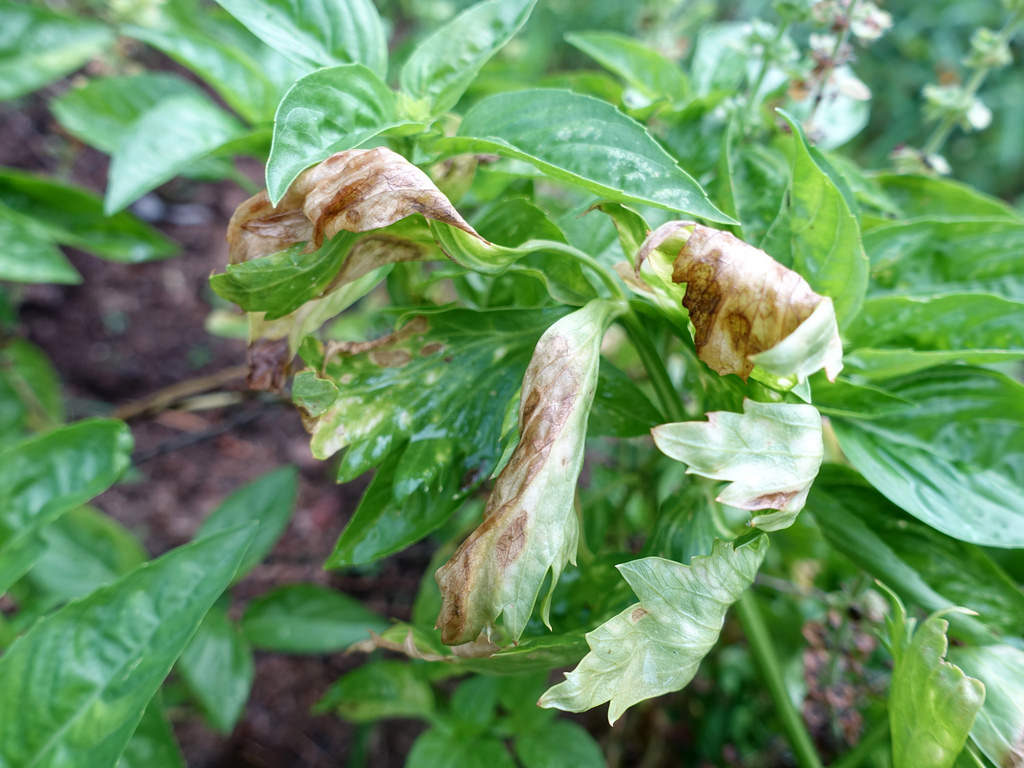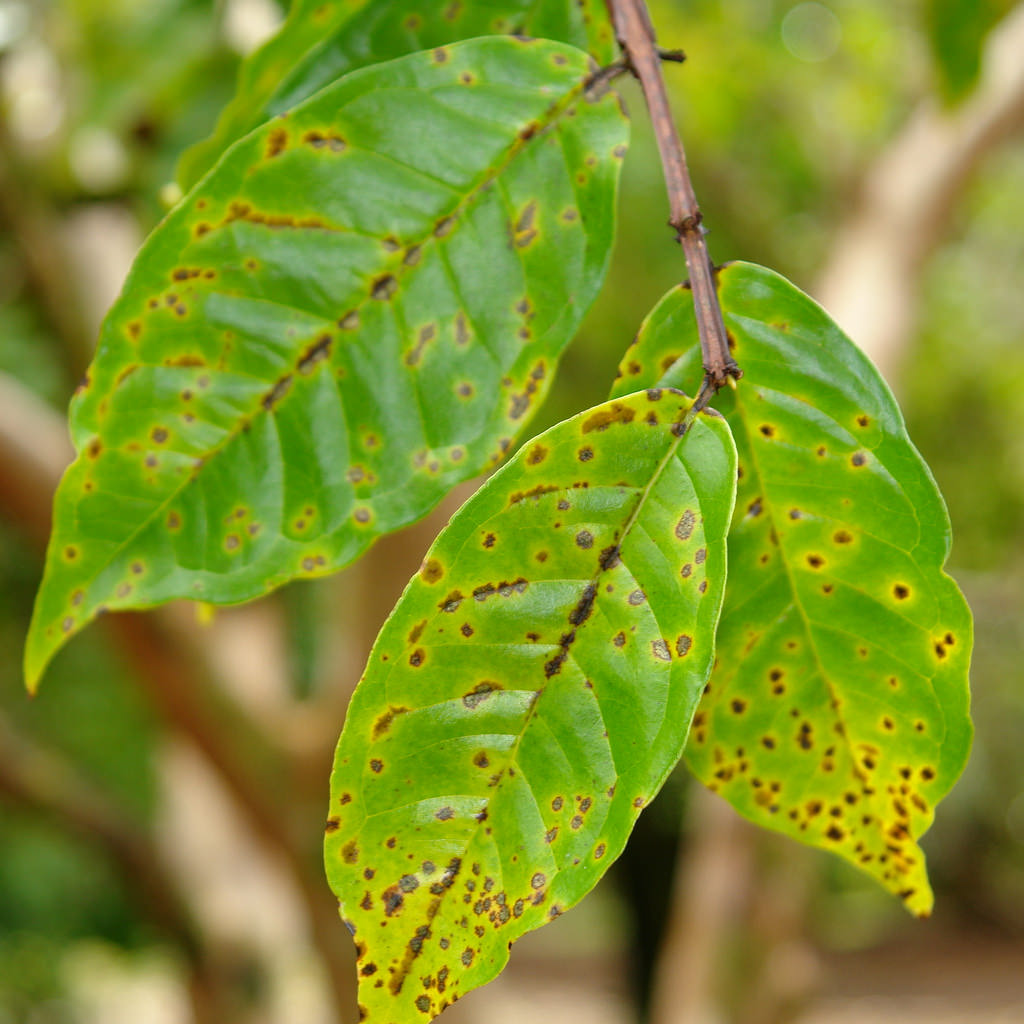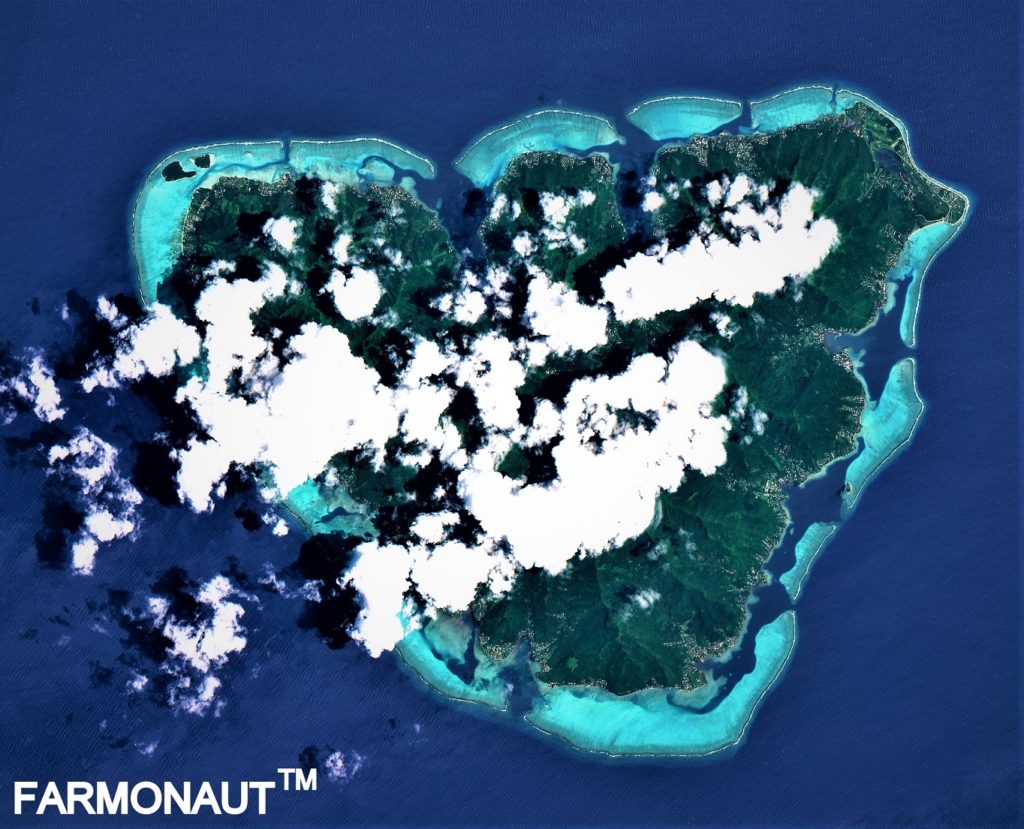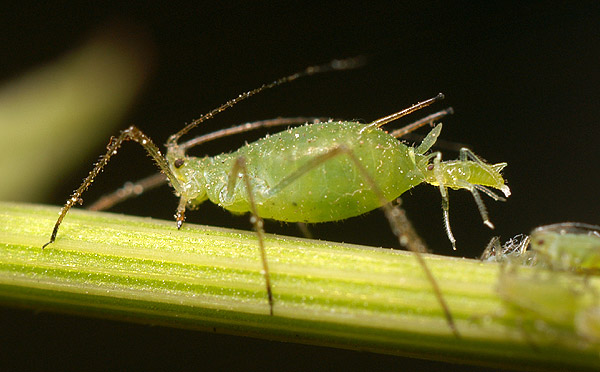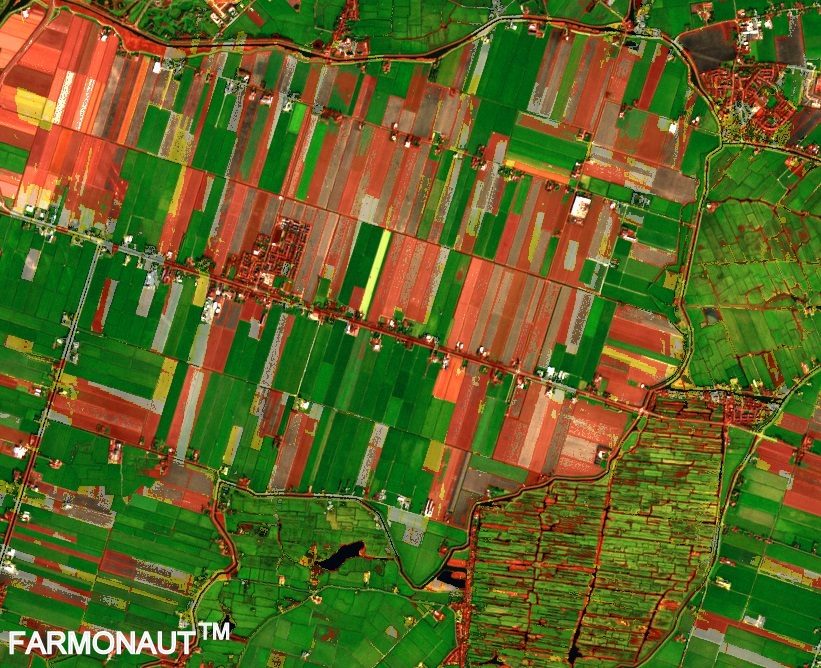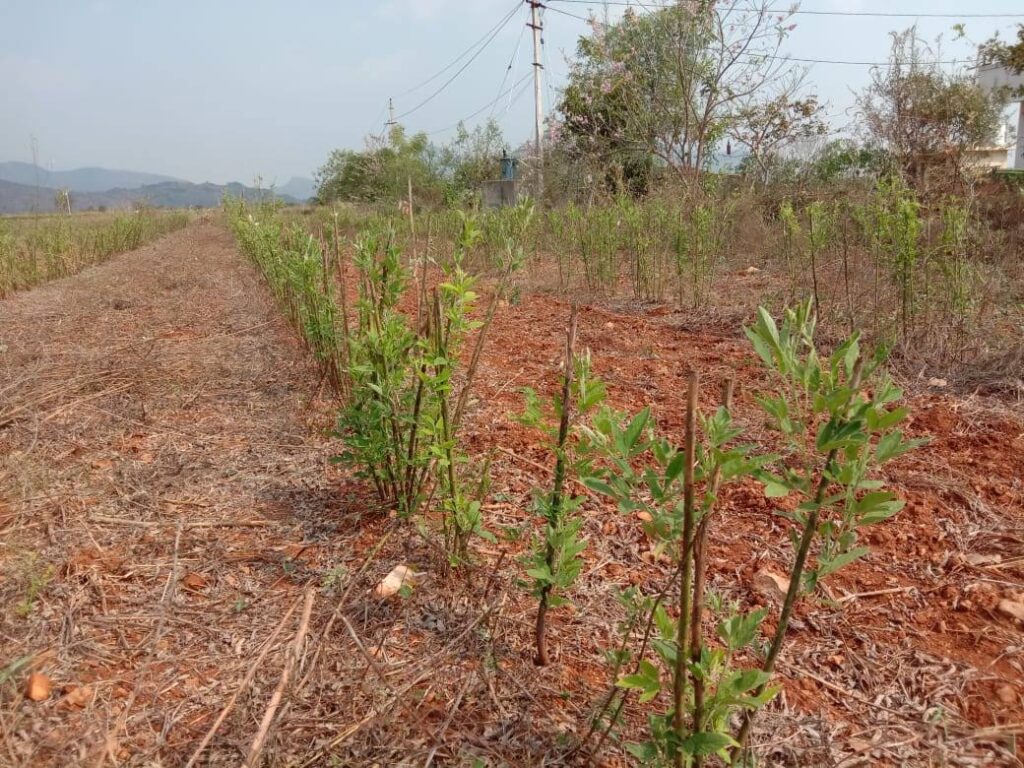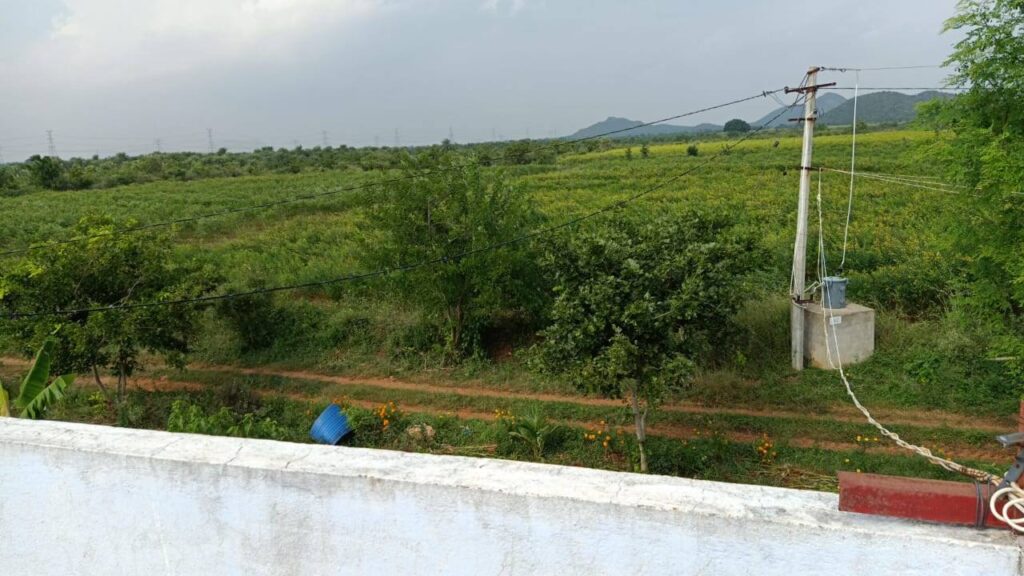World Day to Combat Desertification: Farmonaut’s Sustainable Solutions for Agricultural Productivity
“Desertification affects up to 40% of Earth’s land surface, impacting over 1 billion people worldwide.”
On this World Day to Combat Desertification, we at Farmonaut are proud to highlight the critical need for sustainable land management in addressing global desertification issues. As a pioneering agricultural technology company, we recognize the profound impact that land degradation has on food security, climate change, and agricultural productivity. In this comprehensive blog post, we’ll explore the environmental and agricultural impacts of desertification, emphasizing our innovative approaches to conservation agriculture and land degradation neutrality.
Understanding Desertification: A Global Challenge
Desertification is a complex process of land degradation in arid, semi-arid, and dry sub-humid areas, resulting from various factors including climate variability and human activities. This environmental challenge threatens the livelihoods of millions and poses significant risks to global food security and ecological balance.
- Impacts on agricultural productivity
- Implications for food security
- Exacerbation of climate change effects
At Farmonaut, we leverage advanced satellite-based farm management solutions to address these challenges head-on. Our platform integrates innovative technology and data-driven insights into traditional farming practices, making precision agriculture accessible and affordable to farmers worldwide.
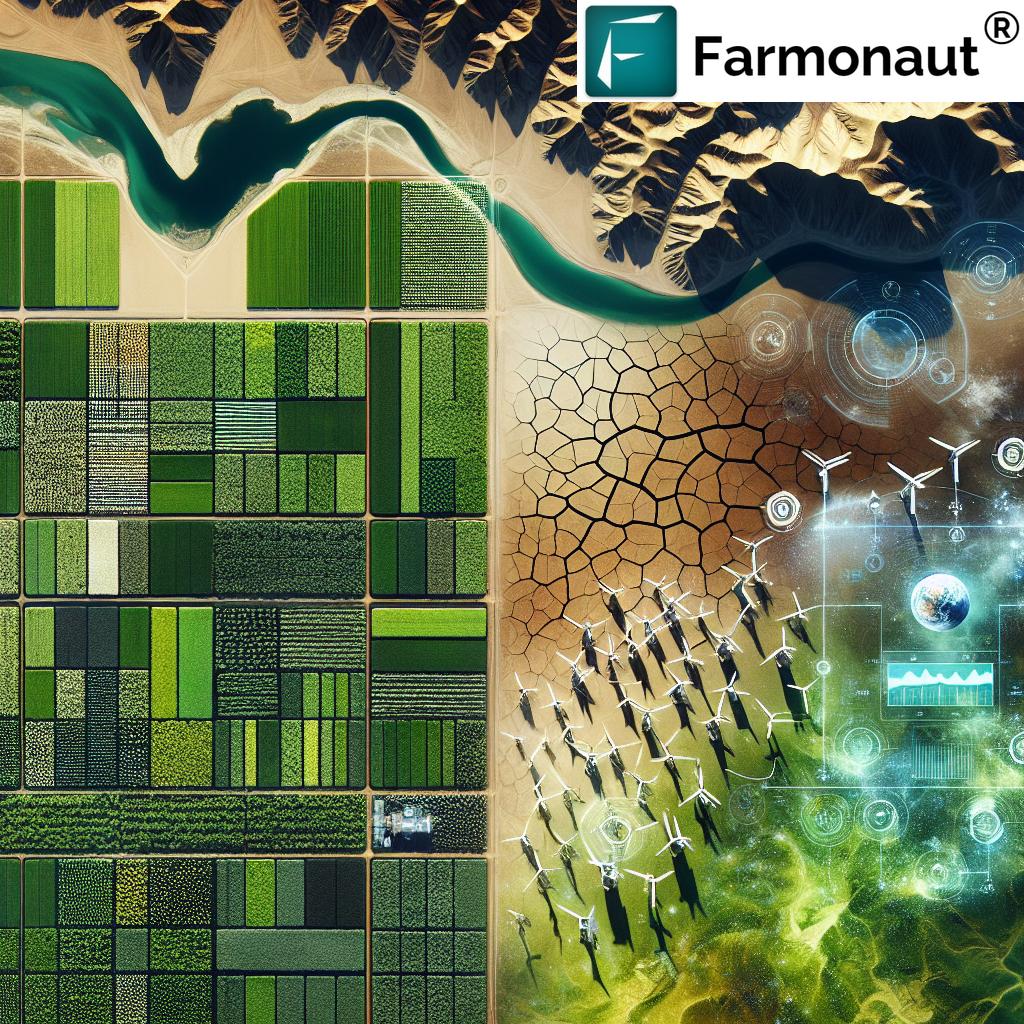
The Role of Sustainable Land Management in Combating Desertification
Sustainable land management (SLM) practices are crucial in the fight against desertification. These practices aim to maintain or enhance land productivity while preserving the ecological functions of the land. At Farmonaut, we emphasize the importance of SLM through our advanced technological solutions.
Key aspects of sustainable land management include:
- Soil conservation techniques
- Efficient water management
- Agroforestry and crop diversification
- Integrated pest management
Our satellite-based crop health monitoring system provides farmers with real-time insights into vegetation health, soil moisture levels, and other critical metrics. This data empowers farmers to make informed decisions about irrigation, fertilizer usage, and pest management, ultimately optimizing crop yields and reducing resource wastage.
Farmonaut’s Innovative Approaches to Combat Desertification
At Farmonaut, we’re committed to developing cutting-edge solutions that address the multifaceted challenges of desertification. Our approach combines advanced technology with practical, sustainable farming practices to create a more resilient agricultural landscape.
1. Satellite-Based Crop Health Monitoring
Our state-of-the-art satellite imagery analysis provides farmers with crucial information about their crops’ health and soil conditions. This technology allows for:
- Early detection of crop stress
- Precise irrigation management
- Targeted application of inputs
By optimizing resource use, we help farmers maintain soil health and prevent land degradation, key factors in combating desertification.
2. AI-Driven Advisory System: Jeevn AI
Our Jeevn AI system offers personalized farm advisory services, delivering real-time insights and expert crop management strategies. This AI-powered tool analyzes various data points to provide:
- Customized crop recommendations
- Weather forecasts and climate adaptation strategies
- Soil health management advice
By leveraging AI, we empower farmers to make data-driven decisions that promote sustainable land use and resilience against desertification.

3. Blockchain-Based Traceability for Sustainable Supply Chains
Our blockchain technology ensures transparency and traceability in agricultural supply chains. This innovation:
- Promotes sustainable farming practices
- Enhances consumer trust in eco-friendly products
- Incentivizes farmers to adopt anti-desertification measures
By creating a verifiable record of sustainable practices, we encourage a market-driven approach to combating desertification.
4. Carbon Footprint Tracking
Our platform includes tools for monitoring and reducing the environmental impact of agricultural activities. This feature:
- Provides real-time data on emissions
- Helps businesses set and achieve sustainability goals
- Supports compliance with environmental regulations
By promoting carbon-conscious farming, we contribute to the global effort to mitigate climate change and its desertification effects.
“Conservation agriculture techniques can reduce soil erosion by up to 90% and increase water use efficiency by 30%.”
Global Impact of Desertification and Farmonaut’s Solutions
To better understand the global impact of desertification and how Farmonaut’s solutions address these challenges, let’s examine the following comprehensive table:
| Region | Desertification Impact | Agricultural Productivity Loss (%) | Primary Causes | Farmonaut’s Sustainable Solutions |
|---|---|---|---|---|
| Sub-Saharan Africa | Severe soil erosion, loss of biodiversity | 30-50% | Overgrazing, deforestation, climate change | Satellite monitoring for early drought detection, AI-driven crop rotation advice |
| Central Asia | Salinization of irrigated lands, water scarcity | 20-40% | Inefficient irrigation, monoculture farming | Precision irrigation management, crop diversification recommendations |
| Australia | Increased bushfire risk, loss of fertile topsoil | 15-25% | Prolonged droughts, unsustainable farming practices | Fire risk assessment tools, soil health monitoring via satellite imagery |
| Mediterranean Basin | Water stress, coastal erosion | 10-30% | Urbanization, over-exploitation of water resources | Water use efficiency tracking, sustainable urban farming solutions |
| North America (Southwest) | Dust storms, loss of native vegetation | 5-15% | Intensive agriculture, groundwater depletion | Dust storm prediction, groundwater level monitoring |
This table illustrates the diverse challenges faced by different regions and how Farmonaut’s technology-driven solutions are tailored to address specific local needs in the fight against desertification.
Conservation Agriculture Techniques for Combating Desertification
Conservation agriculture is a crucial approach in our fight against desertification. At Farmonaut, we promote and support the implementation of these techniques through our advanced technological solutions.
1. Minimal Soil Disturbance
Reducing tillage helps maintain soil structure and organic matter content. Our satellite imagery analysis can detect soil disturbance levels, allowing farmers to optimize their practices.
2. Permanent Soil Cover
Maintaining crop residues or cover crops protects the soil from erosion and moisture loss. Farmonaut’s vegetation health indices help monitor the effectiveness of soil cover strategies.
3. Crop Rotation and Diversification
Rotating crops and incorporating diverse species improves soil health and breaks pest cycles. Our AI advisory system provides tailored crop rotation recommendations based on local conditions and historical data.
Achieving Land Degradation Neutrality
Land Degradation Neutrality (LDN) is a crucial concept in the fight against desertification. It aims to maintain or enhance the amount and quality of land resources. Farmonaut’s technologies play a vital role in achieving LDN through:
- Accurate monitoring of land degradation trends
- Support for sustainable land management practices
- Facilitation of data-driven policy decisions
Our satellite-based monitoring systems provide valuable data for assessing progress towards LDN targets, while our AI-driven advisory services help farmers implement practices that contribute to land restoration and conservation.
The Role of Stakeholders in Environmental Management
Effective environmental management and the fight against desertification require the involvement of various stakeholders. At Farmonaut, we recognize the importance of collaboration and provide tools that support different actors in this global effort.
1. Farmers and Agricultural Cooperatives
As primary land managers, farmers play a crucial role in implementing sustainable practices. Our user-friendly mobile and web applications empower farmers with:
- Real-time crop health information
- Personalized agricultural advice
- Resource management tools
Access our farmer-friendly solutions:
2. Government Agencies and Policymakers
Government bodies use our advanced analytics for:
- Large-scale monitoring of agricultural lands
- Informed policy-making on land use and conservation
- Efficient allocation of resources for anti-desertification efforts
3. NGOs and Research Institutions
Our platform supports these organizations by providing:
- Accurate, up-to-date data for research and analysis
- Tools for monitoring the effectiveness of conservation projects
- Collaboration opportunities through our API integration
For developers and researchers: Explore our API and API Developer Docs for advanced integration options.
4. Private Sector and Agribusinesses
Companies in the agricultural sector benefit from our solutions through:
- Supply chain traceability and sustainability tracking
- Risk assessment and management in agricultural investments
- Support for corporate social responsibility initiatives
Addressing the Root Causes of Desertification
To effectively combat desertification, it’s crucial to address its root causes. Farmonaut’s technologies help identify and mitigate these factors:
1. Unsustainable Agricultural Practices
Our AI-driven advisory system promotes sustainable farming methods by providing:
- Soil-specific crop recommendations
- Optimal resource use guidance
- Integrated pest management strategies
2. Deforestation and Land Use Changes
Farmonaut’s satellite monitoring capabilities help in:
- Tracking forest cover changes
- Identifying areas at risk of degradation
- Supporting afforestation and reforestation efforts
3. Climate Change Impacts
Our advanced weather forecasting and climate analysis tools assist in:
- Predicting and preparing for extreme weather events
- Developing climate-resilient farming strategies
- Monitoring long-term climate trends affecting agriculture
Innovative Solutions for Sustainable Water Resource Management
Water scarcity is a critical issue in many desertification-prone areas. Farmonaut’s technologies offer innovative solutions for efficient water management:
1. Precision Irrigation
Our satellite-based soil moisture analysis enables:
- Targeted irrigation scheduling
- Reduction of water waste
- Improved crop water use efficiency
2. Watershed Management
Farmonaut’s GIS capabilities support:
- Identification of optimal water harvesting sites
- Planning of watershed development projects
- Monitoring of groundwater recharge areas
3. Drought Forecasting and Mitigation
Our advanced analytics help in:
- Early detection of drought conditions
- Development of drought-resistant cropping strategies
- Efficient allocation of water resources during scarcity
The Future of Agriculture in Combating Desertification
As we look to the future, the role of technology in agriculture will be pivotal in our fight against desertification. Farmonaut is at the forefront of this technological revolution, continually innovating to meet the evolving challenges of sustainable land management.
Emerging Technologies
We are exploring and integrating cutting-edge technologies such as:
- Advanced machine learning for more accurate crop yield predictions
- Internet of Things (IoT) devices for real-time field monitoring
- Drone technology for high-resolution crop imaging
Global Collaboration
Farmonaut is committed to fostering global collaboration in the fight against desertification. We are working towards:
- Expanding our data-sharing capabilities with research institutions
- Participating in international initiatives for sustainable agriculture
- Developing open-source tools for global agricultural monitoring
Conclusion: A Call to Action
As we commemorate the World Day to Combat Desertification, it’s clear that the challenges we face are significant, but not insurmountable. At Farmonaut, we believe that by harnessing the power of technology and fostering global cooperation, we can make substantial progress in the fight against desertification and promote sustainable agricultural practices worldwide.
We invite farmers, policymakers, researchers, and all stakeholders in the agricultural sector to join us in this crucial endeavor. By leveraging our advanced satellite-based solutions, AI-driven insights, and commitment to sustainable farming, we can work together to create a more resilient and productive agricultural landscape for future generations.
Let’s unite in our efforts to combat desertification, enhance food security, and build a sustainable future for our planet. Together, we can turn the tide against land degradation and ensure the prosperity of both people and the environment.
Farmonaut Subscription Plans
Frequently Asked Questions (FAQ)
Q1: What is desertification, and why is it a global concern?
A1: Desertification is the process of land degradation in arid, semi-arid, and dry sub-humid areas, resulting from various factors including climate variability and human activities. It’s a global concern because it threatens food security, exacerbates climate change, and affects the livelihoods of millions of people worldwide.
Q2: How does Farmonaut’s technology help in combating desertification?
A2: Farmonaut’s satellite-based crop health monitoring, AI-driven advisory systems, and precision agriculture tools help farmers implement sustainable land management practices. These technologies optimize resource use, improve crop yields, and promote conservation agriculture techniques, all of which are crucial in the fight against desertification.
Q3: What are some key sustainable land management practices?
A3: Key sustainable land management practices include minimal soil disturbance, permanent soil cover, crop rotation and diversification, efficient water management, and agroforestry. Farmonaut’s technologies support the implementation and monitoring of these practices.
Q4: How can individual farmers contribute to combating desertification?
A4: Individual farmers can contribute by adopting sustainable farming practices, using precision agriculture tools like those offered by Farmonaut, implementing water conservation techniques, and participating in local and regional land restoration initiatives.
Q5: What is Land Degradation Neutrality (LDN), and how does Farmonaut support it?
A5: Land Degradation Neutrality is a state where the amount and quality of land resources remain stable or increase. Farmonaut supports LDN through accurate monitoring of land degradation trends, providing data for informed decision-making, and offering tools that help implement sustainable land management practices.





